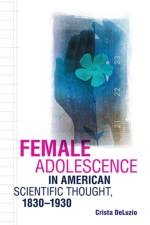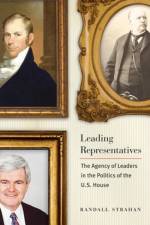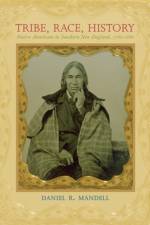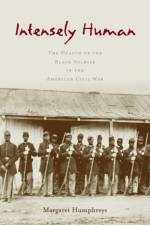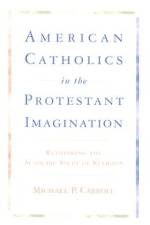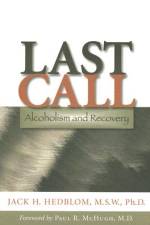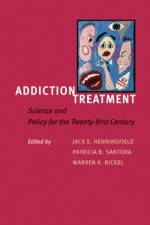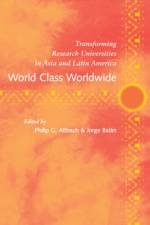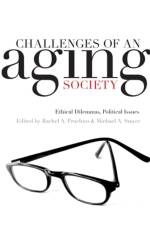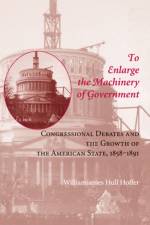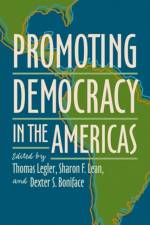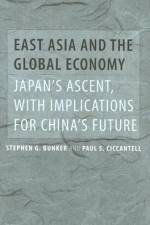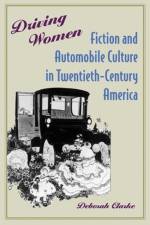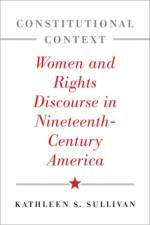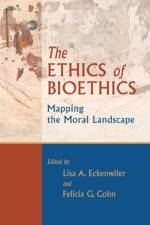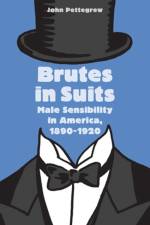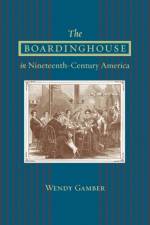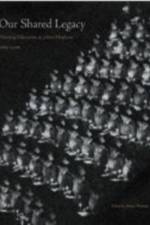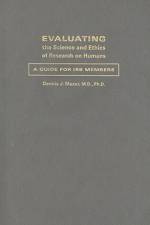av Daniel R. Mandell
747
Winner, Lawrence W. Levine Award, Organization of American Historians Tribe, Race, History examines American Indian communities in southern New England between the Revolution and Reconstruction, when Indians lived in the region's socioeconomic margins, moved between semiautonomous communities and towns, and intermarried extensively with blacks and whites. Drawing from a wealth of primary documentation, Daniel R. Mandell centers his study on ethnic boundaries, particularly how those boundaries were constructed, perceived, and crossed. Shedding new light on regional developments in class, race, and culture, this groundbreaking study is the first to consider all Native Americans throughout southern New England."Mandell has made a very valuable contribution to our understanding of Native American history in a period long overlooked."--American Historical Review"A carefully crafted, well-researched book . . . This review does not do justice to this rich account of the complex interactions of race, ethnicity, class, and gender in the survival of native peoples."--Journal of American History"Mandell's superb book on a long-neglected subject should affect the way the larger narrative of this era of American history is written."--Journal of Interdisciplinary History Daniel R. Mandell is an associate professor of history at Truman State University and the author of King Philip's War: Colonial Expansion, Native Resistance, and the End of Indian Sovereignty, also published by Johns Hopkins, and Behind the Frontier: Indians in Eighteenth-Century Massachusetts.



